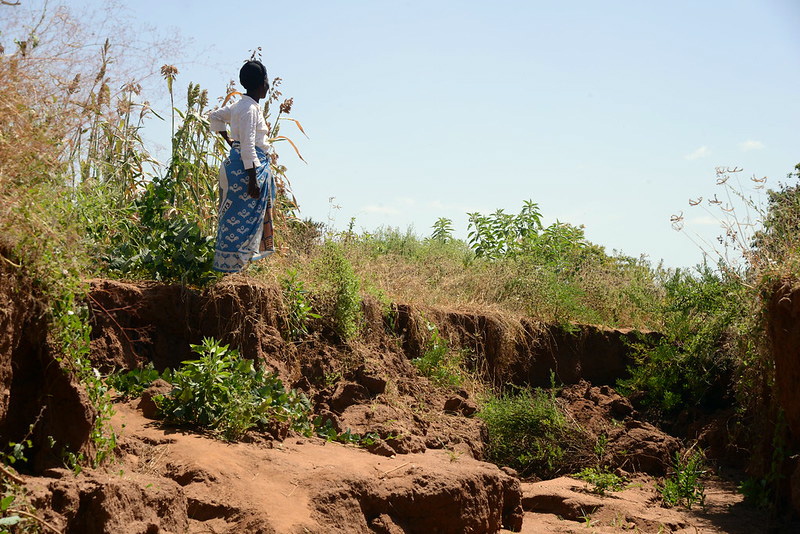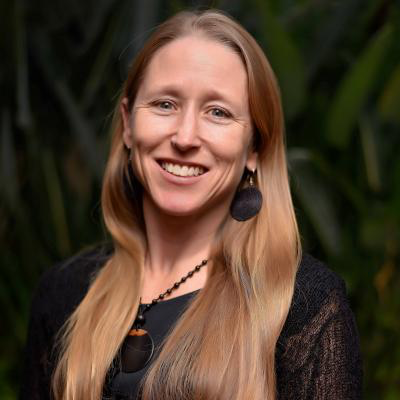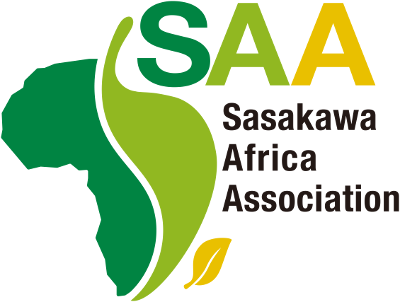
Land degradation heavily impacts on food production in Africa. Agricultural development in the continent requires healthy soil producing healthy crops. Climate change exacerbates the problem. Regenerative agriculture can help restore soil health and reduce degradation. The practice, together with improved cultivation methods such as reduced tillage and mulching will maintain soil organic matter. Combined with afforestation, improved soil management practices can reduce carbon emissions, and thus contribute to climate change mitigation.
Sustainable Agricultural Intensification on the other hand aims to improve productivity through integrated soil management, which may include the careful use of both organic and inorganic fertilizers along with specific tilling practices.
Regenerative Agriculture requires compatibility with Sustainable Agricultural Intensification to achieve both improved soil health and food security.
Speakers at this session will exchange their experiences and insights on regenerative agriculture in different contexts. They will also discuss technology and extension approaches suitable for smallholders in Africa.
CIFOR-ICRAF speaker
Agenda
Welcome and introductions
Prof. Ruth Oniang’o, Chair, Sasakawa Africa Association
Mr. Osamu KoyamaPresident, JIRCAS
Keynote Addresses
Regenerative Agriculture as a means to address Global Challenge in agricultural productivity
Prof. Rattan Lal, Distinguished University Professor, Ohio State University
How to achieve both food security and regenerative agriculture in African smallholder contexts – from agronomic perspective
Prof. Ken Giller, Wageningen University
Field Report
Regenerative Agriculture Practices in Action – a case from Ethiopia
Dr. Fentahun Mengistu, Country Director, Sasakawa Africa Association Ethiopia
Conservation Agriculture practices in Ghana
Dr. Kofi Boa, Excecutive Director, the Center for No-Till Agriculture (CNTA)
Advances in soil health monitoring for food and nutrition security, climate change action and ecosystem restoration
Dr. Leigh WinowieckiGlobal Research Leader: Soil and Land Health / Co-lead: Coalition of Action 4 Soil Health (CA4SH), CIFOR-ICRAF
Research Report
Research for the development of healthy soil for farmers to realize food Security
Dr. Satoshi Nakamura, Project Leader, JIRCAS
Panel discussion: Perspectives from panelists
Moderator: Dr. Miyuki Iiyama, Program Director, Information Program, JIRCAS
Promoting Regenerative Agriculture and Environmental Sustainability in Africa: How, and Why? How to Translate Vision of Regenerative Agriculture into Innovations to Achieve both Soil Health and Food Security under Smallholder farming systems in Africa?
- H.E. Dr. Eyasu Elias, State Minister, Natural Resources Development Ministry of Agriculture of Ethiopia
- Dr. Edmundo Barrios, Agricultural Officer, Plant Production and Protection Division, FAO
- Dr. Tilahun Amede, Head, Resilience, Climate and Soil Fertility, AGRA
- Dr. Sani Miko, Country Director, Sasakawa Africa Association Nigeria
Q&A
Concluding remark – A way forward
Dr. Amit Roy, Vice Chair, Sasakawa Africa Association





















